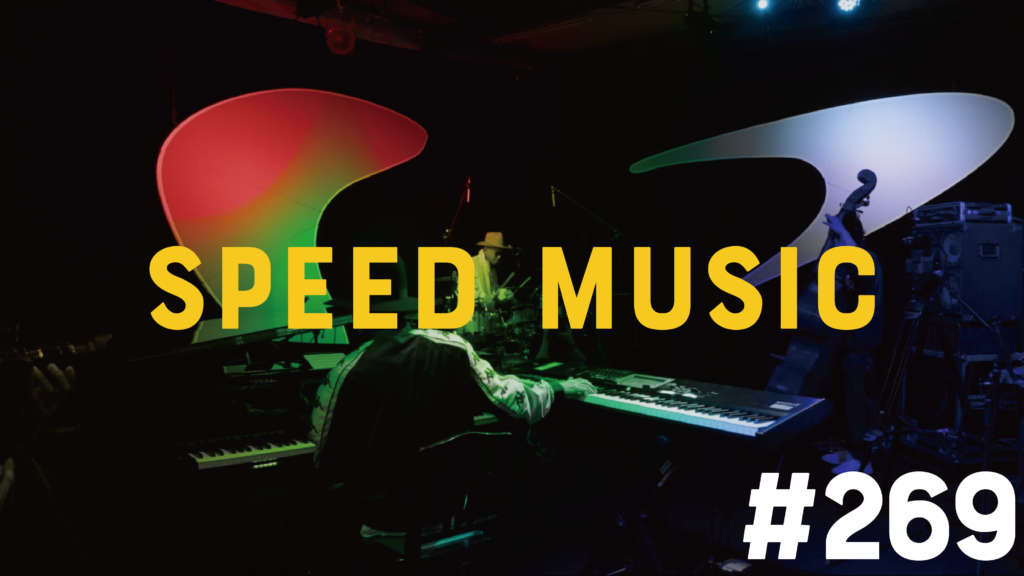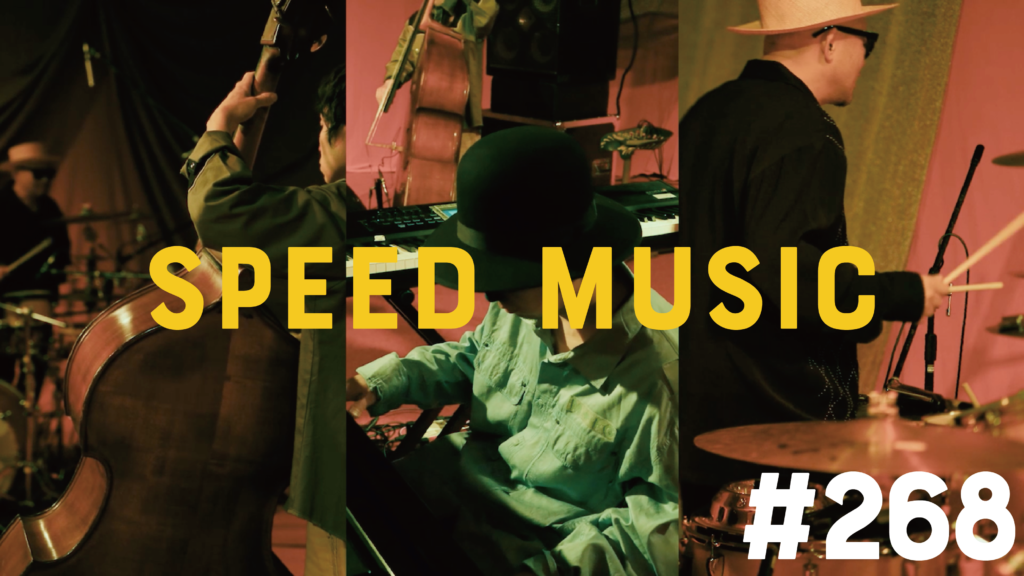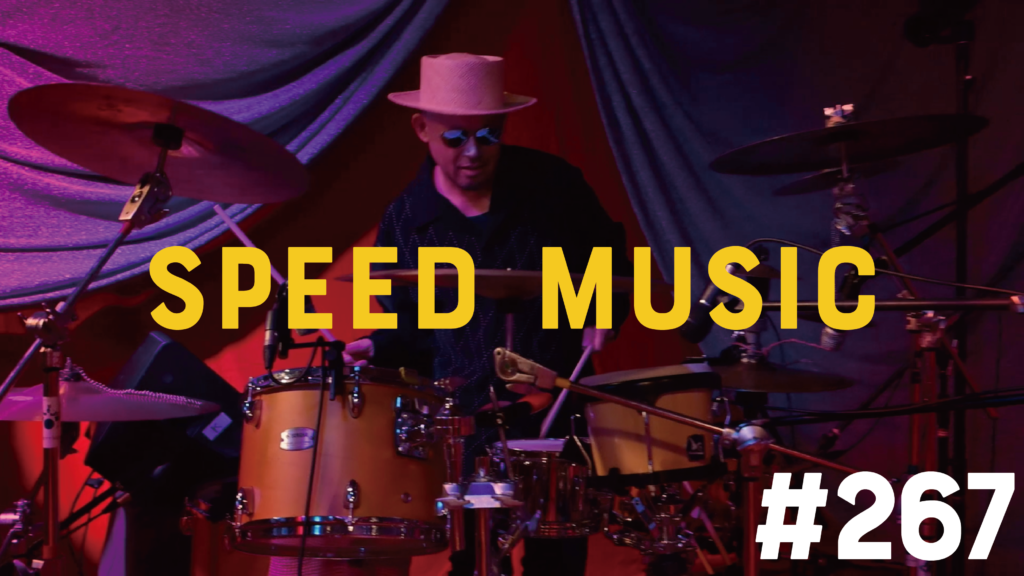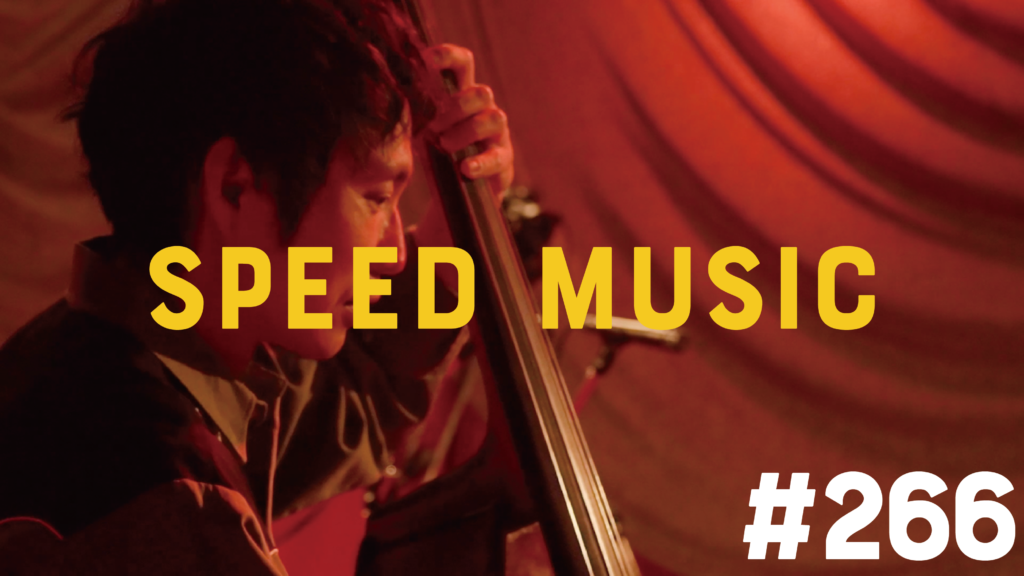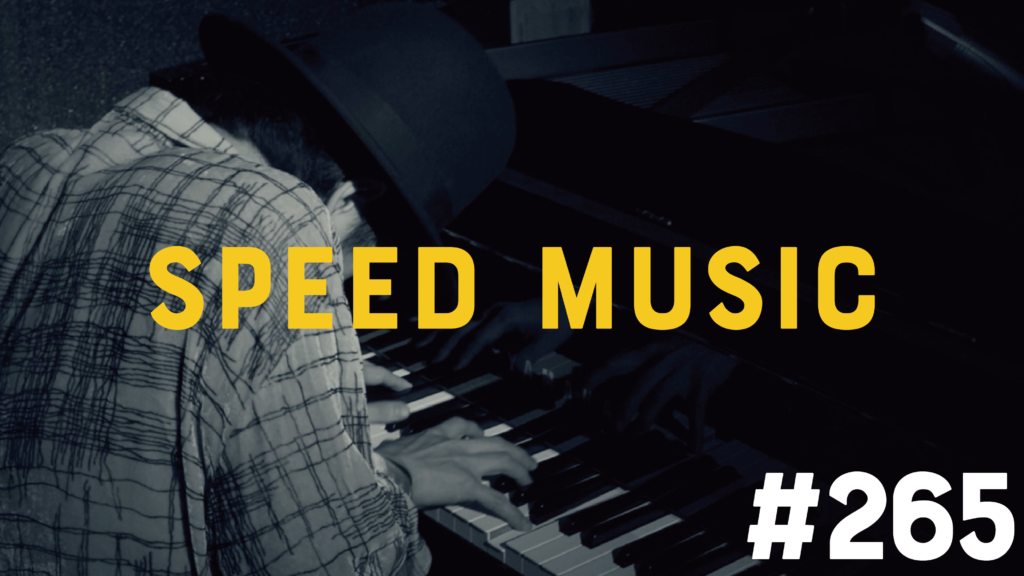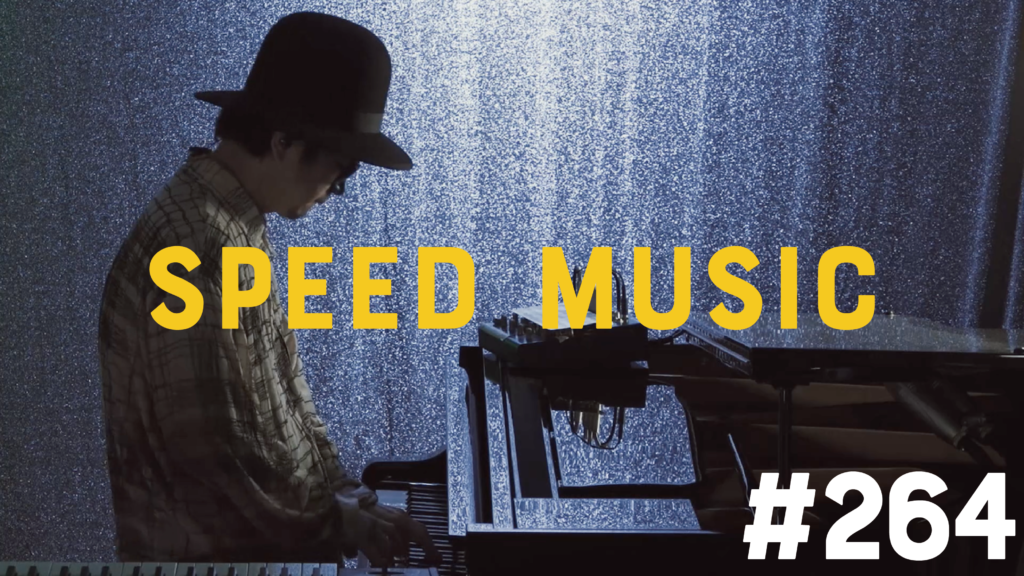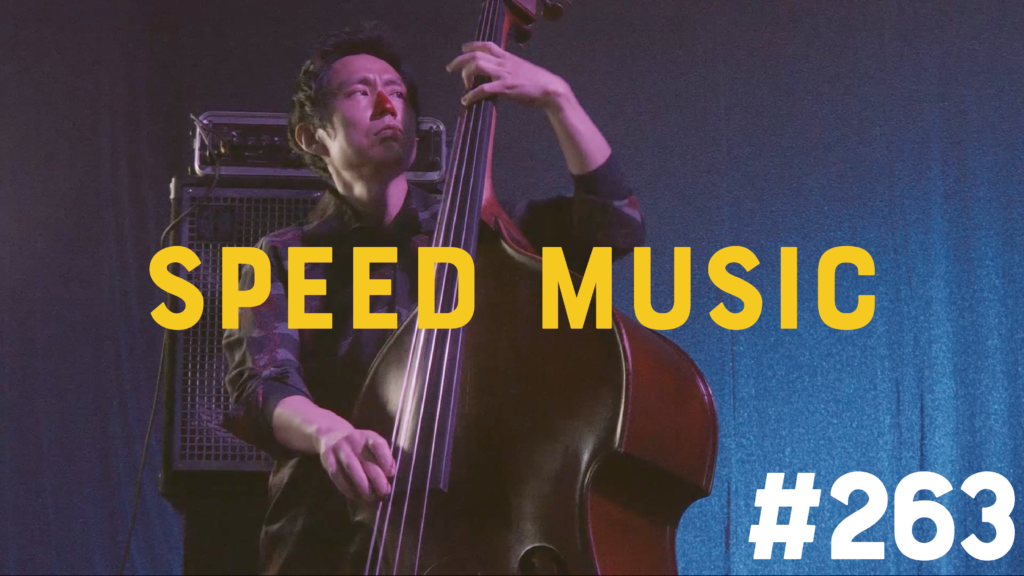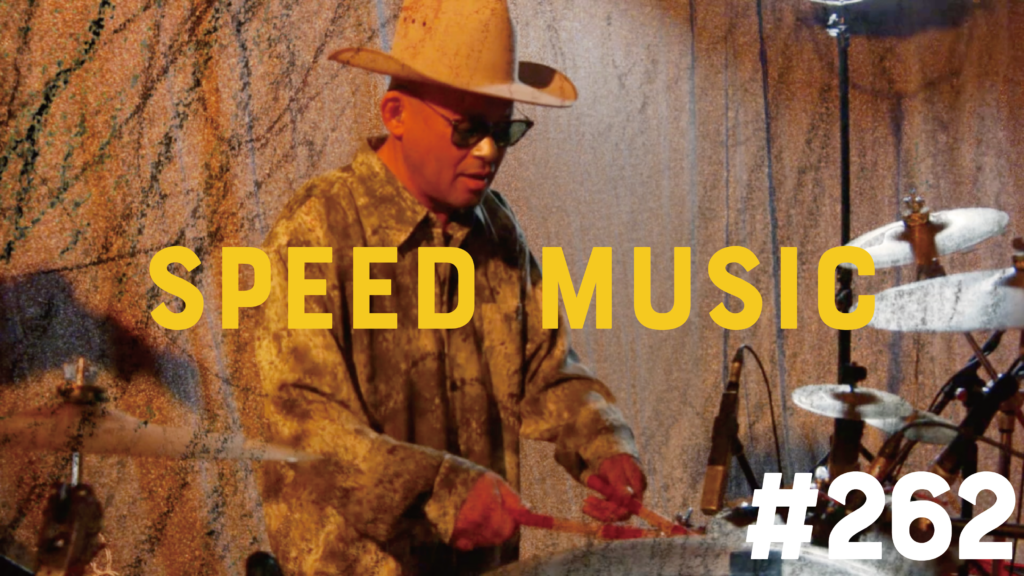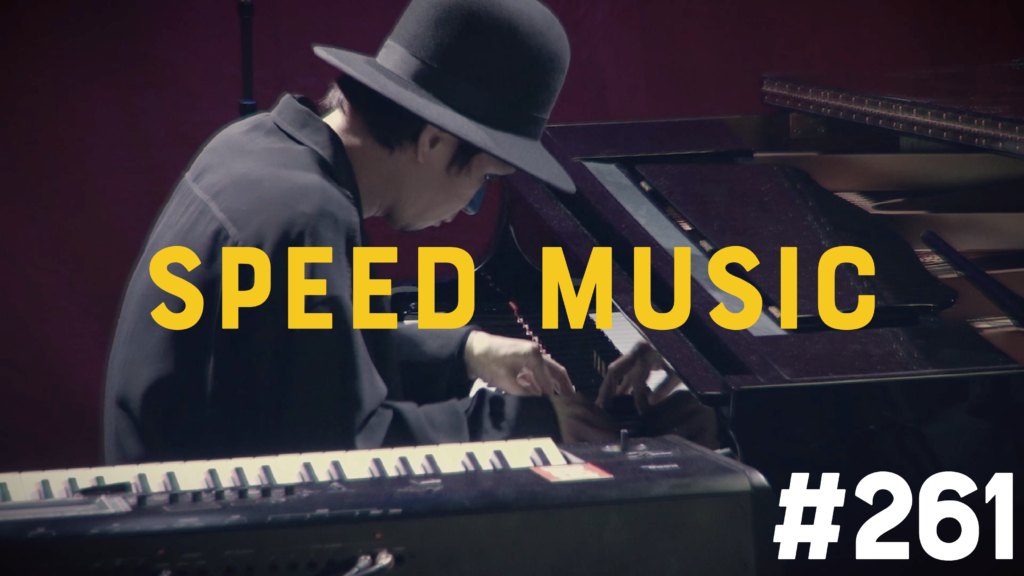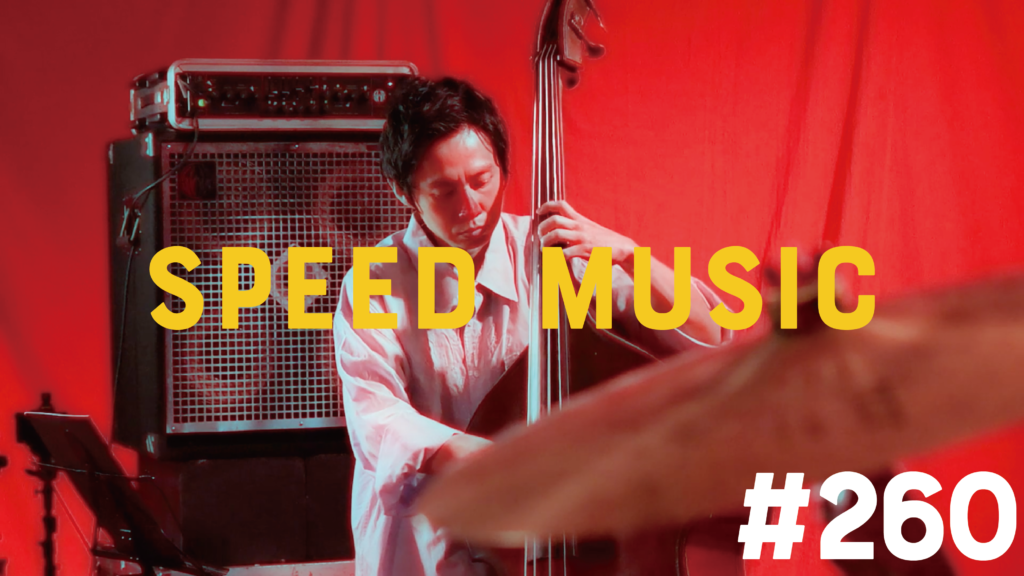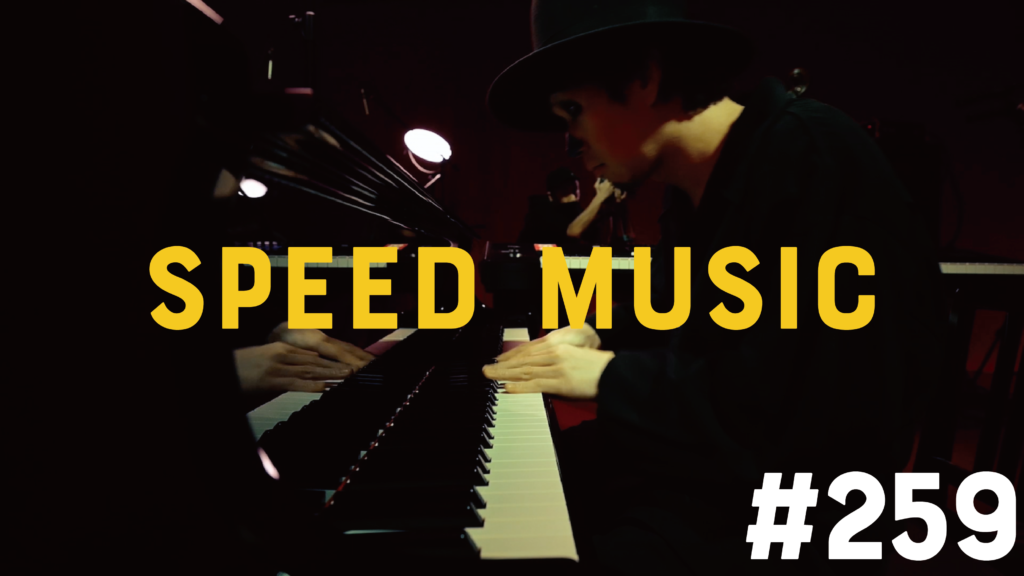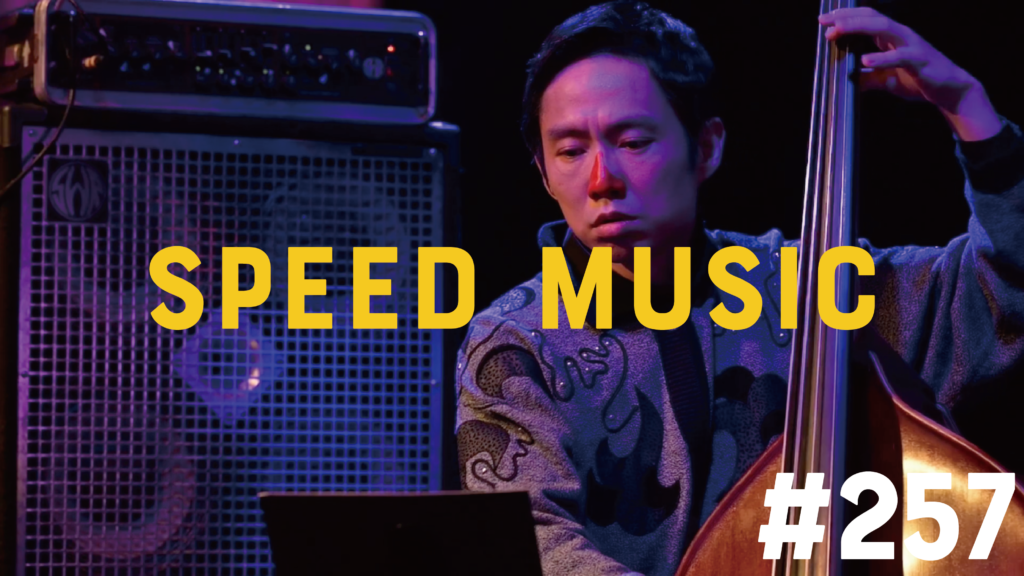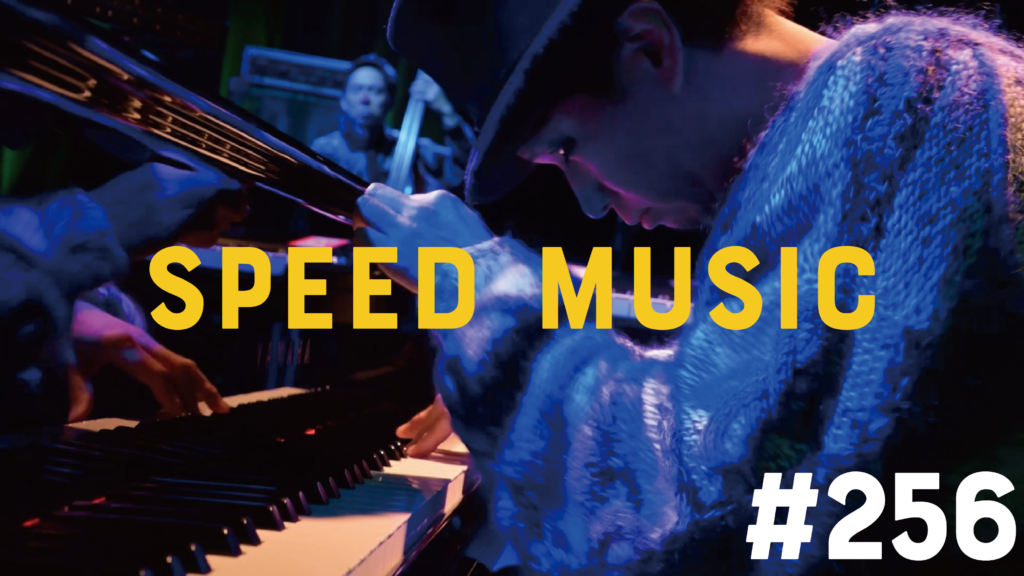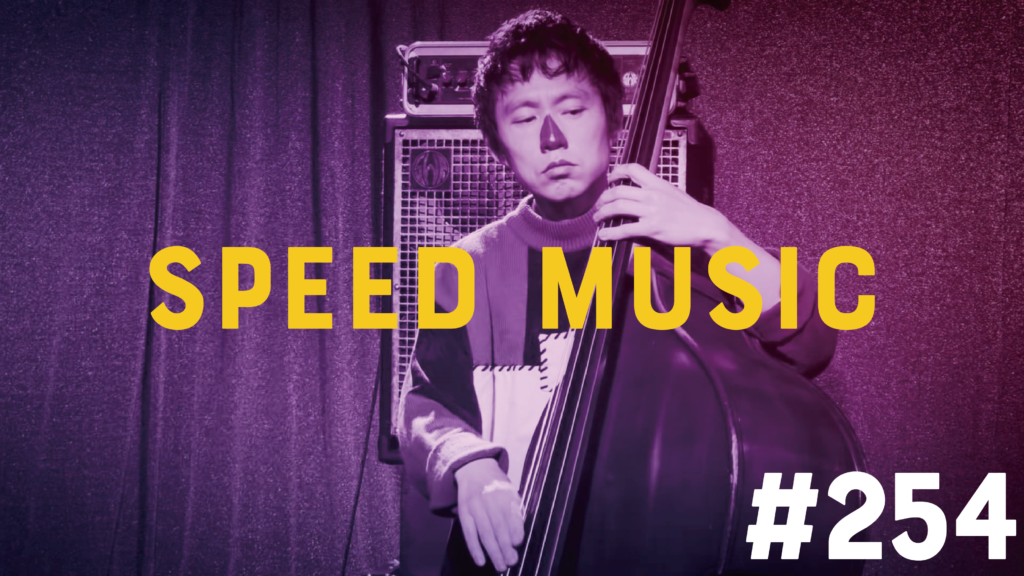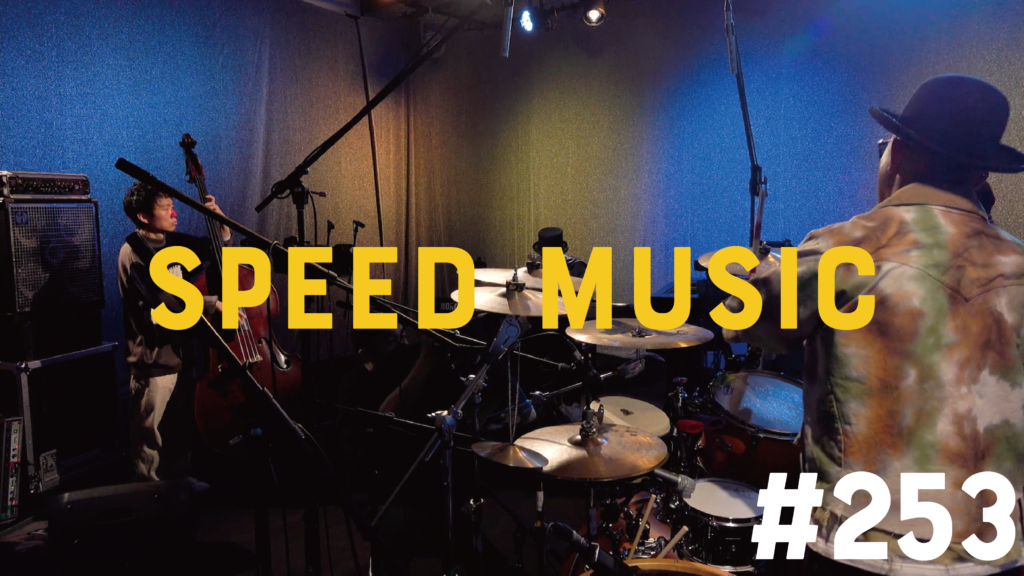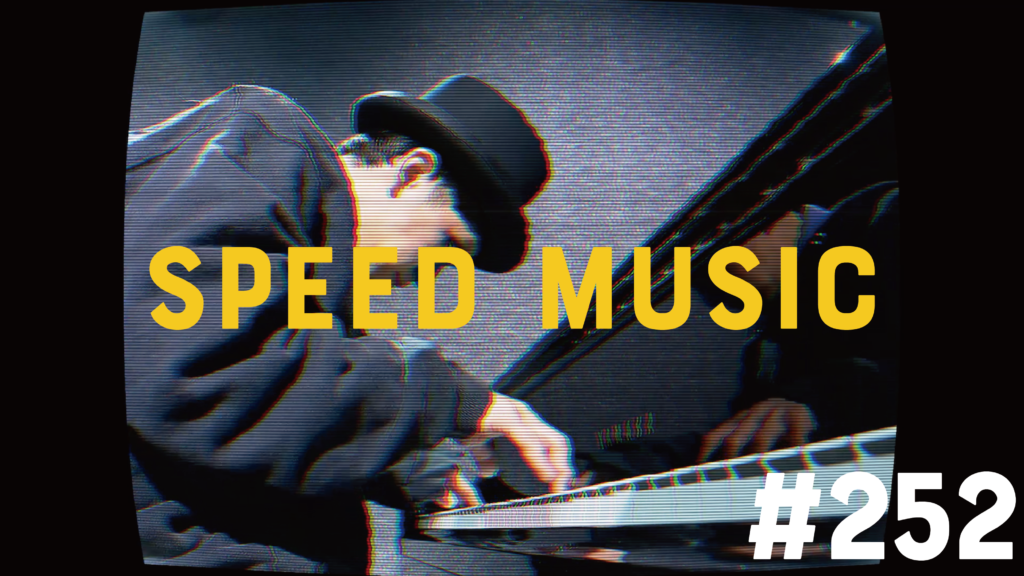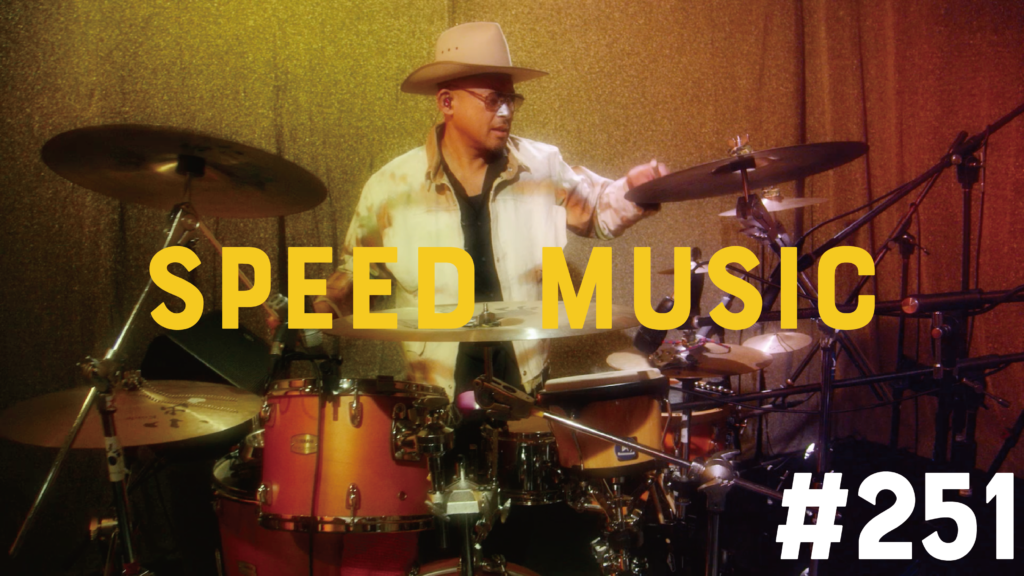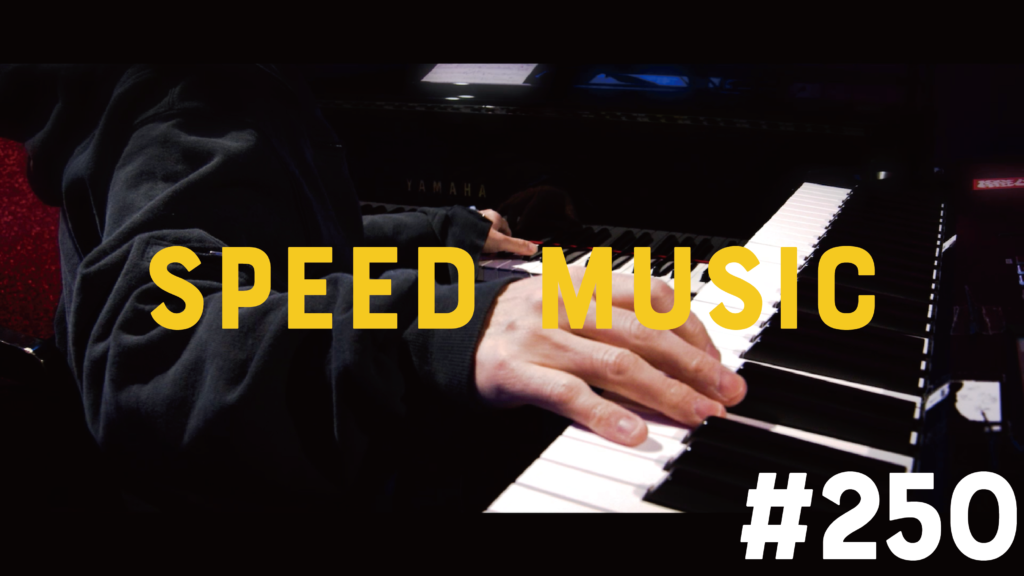#257 HONEY / L’Arc〜en〜Ciel by H ZETTRIO
L'Arc〜en〜Cielの10作目のシングル。1998年7月8日発売。この<シングル3枚同時発売>は、レコード会社のスタッフからの提案がきっかけで決まったもので、この案を聴いた際の心境についてtetsuyaは「"(3枚同時発売は)バカっぽくていいかな"と。反対するための強い理由もなかったし。まあ3曲PVを撮んなきゃなんないし、もっと忙しくなるかなと思ったんで、その部分は反対と言えば、反対だったというのもあるけど」と語っている。ちなみにkenは、3枚同時発売が決まった際の心境について「3曲同時で思い出すのは、寺尾聰ぐらい」と述べている。また、yukihiroは「"へえ、3曲出すんだ"ぐらいで、特別なんとも思わなかった」と述懐している。(フリー百科事典 ウィキペディア日本語版より:https://x.gd/t298o)
L'Arc~en~Ciel's 10th single. Released on July 8, 1998. The decision to release 3 singles at the same time was decided based on a suggestion from the staff at the record company, and Tetsuya said, ''I thought it would be stupid (to release 3 singles at the same time).'' ".I didn't have a strong reason to object. Well, I had to shoot PVs for three songs, so I thought I would be busier, so I was against that part, but I was against it. ” he says. By the way, Ken said about his feelings when it was decided that all three albums would be released at the same time, ''The only person that comes to mind when I hear three songs at the same time is Akira Terao.'' Yukihiro also recalled, I didn't think anything special about it, just Oh, ''I'm releasing three songs.'' (From the free encyclopedia Wikipedia Japanese version: https://x.gd/t298o)

